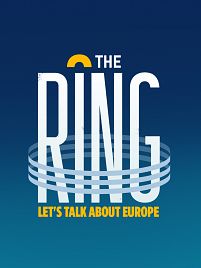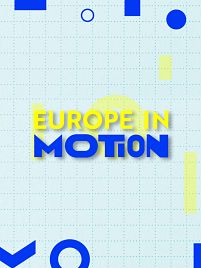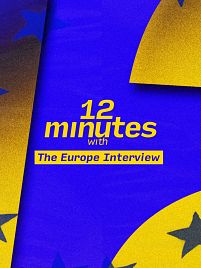Ryusei Ouchi has all the usual trappings of a skateboarder -- the baggy T-shirt, the low-slung trousers, the flat-peak baseball hat. But he also skates with something else: a cane.
The 21-year-old, who goes by Jido, has lost 95 percent of his sight because of a condition called retinitis pigmentosa. But that hasn't stopped him skateboarding, or following the sport that debuted at the Tokyo Olympics this week.
Ouchi is a regular at a skate park in Tokorozawa, north of Tokyo, where he confidently performs tricks.
He lays down the board and pushes off with his cane out in front, swiping from side to side to feel out the obstacles.
He started skateboarding as a teenager, when a friend offered to let him try his board.
It wasn't easy to get into the sport, which involves regular tumbles and injuries even for those without a visual impairment.
To try to keep himself safe, especially at new venues, Ouchi does a careful survey of the site before he starts.
A lot of Ouchi's practice involves visualising his skating and his tricks.
The skateboarder is following the sport's Olympic debut and said he was thrilled when Japan's Yuto Horigome had scooped the first-ever gold medal.
And Ouchi has his own sporting ambitions -- he wants blind-skateboarding to be registered as a Paralympic sport.


















